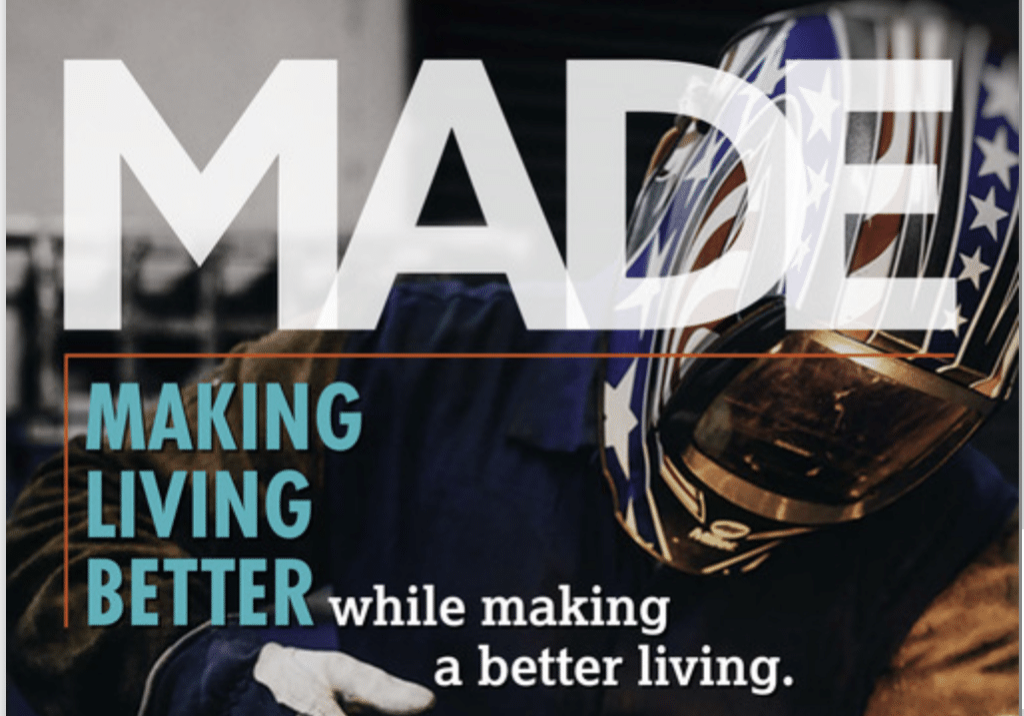Psychology Drives Sponsorships
Author:
How you think about your chamber member businesses and their life cycles can make a difference in their responses to you when you speak with them about sponsorships. It is vital that you understand a bit of psychology and their needs before you speak with them about how sponsorships with the chamber can have reciprocal benefits for their business and the chamber.
Most of the time we go to businesses we know will likely say yes to our sponsorship ask. We are focused on pairing the sponsor with the audience we think they want to access.
Is sponsorship about targeted marketing? Absolutely. Are we best at determining that audience for the sponsor? Probably not. Aligning businesses with sponsorships is aligning their growth plan with the needs associated with that growth.
Consider Maslow’s Hierarchy of Needs.
Maslow’s theory of needs is a commonly taught psychological theory about core needs. If looked at carefully, it can also be related to the life-cycle of a business.
Physiological & Safety Needs.
The physiological and safety needs are the foundation of our very existence and the foundation upon which any business grows. Maslow refers to these needs in the foundational level of his pyramid. These needs include things such as air, food, and employment.
These are basic sustenance issues. In the first few years, businesses must focus on the sustaining factors that will keep them in business. Clients, infrastructure, inventory…all are vital to a business’s existence. Without this foundational growth, a business fails.
Love and Belonging
Once a business has begun to move up these rungs of the pyramid, they move into the “love and belonging” area. Businesses – like people – want to be accepted. That feeling of being established and perceived as reputable is valuable beyond words for an independent business.
Esteem & Self-Actualization
Getting to the top two rungs of Maslow’s pyramid can be a struggle. But those levels provide the freedom to do new and exciting things.
The ‘esteem’ level is characterized by respect, status, and recognition. The ‘self-actualization’ level is characterized by a desire to become the most that one can be. Through the process of receiving that kind of creditability, the business develops a sense of esteem and self-actualization that they are confident in the service they provide or the products they sell. They are confident in their role as a community legacy business.
We as chamber professionals need to approach businesses for sponsorships based on where each business is on the Pyramid.
- Are businesses developing/in their first few years focused on the startup of their company?
- Have they reached a point of growth in providing additional jobs/increased the supply of their product/service to meet the demand of the market?
- Is expansion in their immediate future? Are they adding an additional service/product line?
- Do they know that the maturity of the company is a pillar of the community?
Each of Maslow’s needs can be overlaid with these stages of business. Once we determine what the needs of the business are, we can better align our sponsorship pitch.
(This blog originally appeared on the IOM website as a guest blog. Jason E. Ebey, IOM, serves on the Institute Faculty.)
You Might Also Like

Increase Sponsorships: A Guide
Category
Connect w/ YGM
Get Started on your Total Resource Campaign!
Sign your chamber up today and get step-by-step training on Total Resource Campaigns, online resources, and volunteer coaching backed by years of experience.
